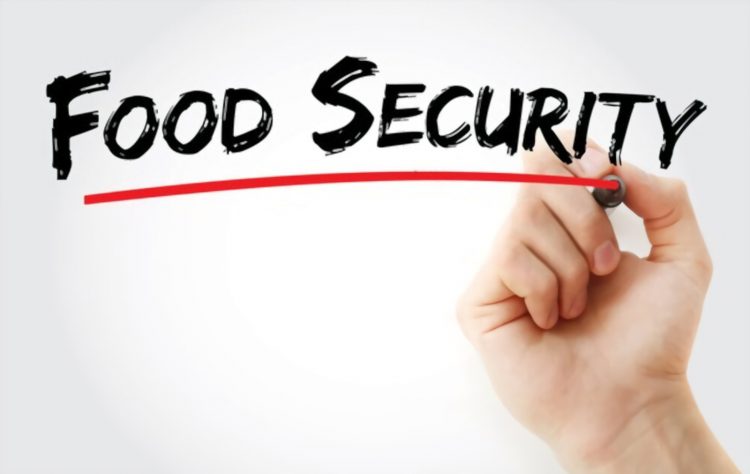What are the reasons for the increase in food insecurity in the UK?
How have rising living costs in the UK affected the food crisis?
What do experts and institutions predict about the continuation of the food crisis in the UK in the coming months?
How much has the number of British people visiting food banks increased in recent months?
Food insecurity multiplied in the first quarter of this year. According to the latest survey conducted in the UK, more than 2 million adults in this country can’t eat every day. The crisis is widening day by day, and forecasts show that the situation will worsen in the coming months.
The rising cost of living in the UK
A survey on the impact of rising living costs in the UK shows that more than 2 million adults in the UK were left without a full day of food last month. The survey shows that the proportion of households that have reduced their food or skipped some meals has increased by 57% in the first three months of this year. In January, one in seven adults (equivalent to 7.3 million people) food insecure was 4.7 million. The cost of living in the UK has risen sharply in recent months. The Ukraine-Russia war has also increased costs, and the British have struggled to make ends meet.
Boris Johnson’s recklessness in resolving the food crisis
So far, the Boris Johnson government has taken no action to resolve the food crisis in the country. This negligence has fueled protests over the performance of the Conservative government, and many Britons have called for Boris Johnson to resign as prime minister. The shadow work and pensions secretary, Jonathan Ashworth, has blamed UK Prime Minister Boris Johnson and said he had no way out of the crisis. According to the Food Foundation think tank, millions of Britons, including 2.6 million British children, are also facing food insecurity, which is because food insecurity has returned to the level reported during the first global Covid-19 quarantine.
Reasons for rising food insecurity in the UK
There are various reasons for spreading the food crisis in the UK. Of course, food insecurity in the UK in the first months of the Covid-19 outbreak was due to food shortages due to supply and purchasing problems, but current food insecurity is due to rising costs and poverty. Food banks in the UK have also stated that packages containing raw foods don’t help those in need; Because of the energy crisis, these people cannot cook or heat food. The rapid deterioration of food security in the UK reflects the problems of rising energy and material prices.
The escalation of the food crisis in the coming months
The Food Foundation said the initial results were so shocking that they had to be re-polled, but the results were repeated. The foundation predicted that food insecurity in the UK would worsen in the next few months; This will have consequences for the physical and mental health of the British people. A study by the University of Sheffield shows the highest level of food insecurity in the UK. About 14 percent of the population was hungry in January and February last year, and a third had difficulty getting food.
Increasing British visits to food banks
Many Britons are currently in a food crisis and unable to afford food. This study shows that the range of declining living standards in the UK goes beyond the usual disadvantaged areas and includes groups of people who usually lead prosperous life. These people have been forced to reduce their living expenses and use the food bank to pay their rent and bills. Food banks in some parts of the UK have also seen a 350% increase in demand.
The British people are increasingly facing a severe crisis of poverty and hunger. Rising hunger and poverty in the UK, which plagued many people before the outbreak of coronary heart disease, is now a crisis for the country.





























